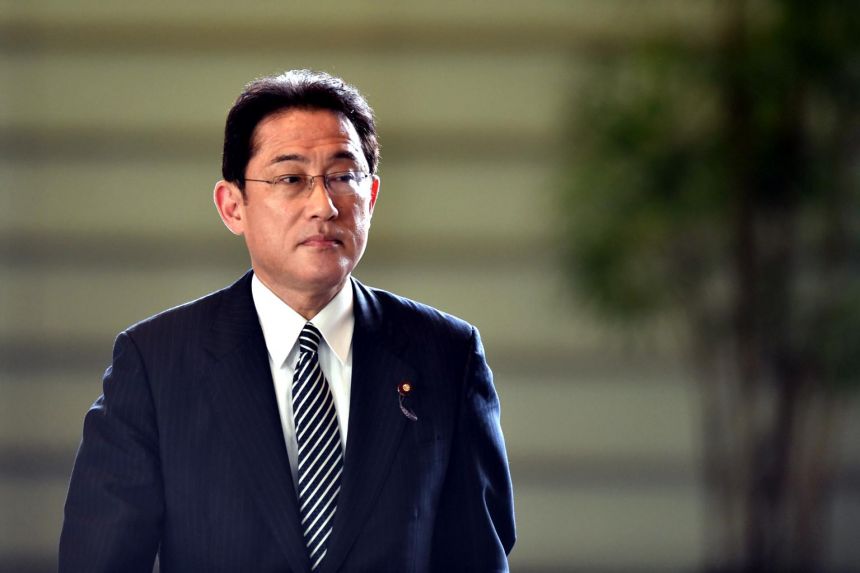Fumio Kishida’s era as the new prime minister is set to begin. The power shift will also influence the domestic and foreign policy strategies in Japan.
Fumio Kishida’s era as the new prime minister of Japan became apparent after receiving the majority of the votes in the ruling Liberal Democratic Party (LDP) leadership election on Wednesday.
Earlier, Japanese Prime Minister Yoshihide Suga announced that he would withdraw from the LDP leadership and would not run in the next election.
In the first round of voting, Kishida narrowly surpassed his main rival, Taro Kono, Minister for Administrative and Regulatory Reform. In the second round, however, he was able to secure the bulk of the votes that granted him the Prime Minister seat.
Kishida, who is also a former foreign minister, will be declared Japan’s new prime minister on October 4 at the House of Representatives (Shugiin) session dominated by the LDP and its coalition partner Komeito.
Here are some glimpses of his life that led to his political rise.
Towards a political journey
Kishida, 64, comes from a political family whose grandfather and father were both parliamentarians in the Diet, Japan’s bicameral legislature.
He spent three years in New York as a child when his father was appointed to the US as a senior trade ministry official. He attended public school in Queens before returning back to Japan where he graduated from the School of Law of Waseda University in Tokyo.
Kishida briefly pursued a banking career before entering political life as a secretary to his father. Then, he became a member of the House of Representatives in 1993, representing the Hiroshima 1st district.
In 2008, Kishida was appointed as state minister in charge of consumer affairs and food safety in the former prime minister Yasuo Fukuda’s cabinet.
After the LDP’s victory in the 2012 general election, Kishida was declared as foreign minister by Prime minister Shinzo Abe and became the longest-serving person in this position.
For over five years, he was responsible for Japanese diplomacy including arranging the former US President Barack Obama’s historic visit to Hiroshima Peace Memorial Park in 2016.
He supported Japan’s policy of remaining out of the Treaty on the Prohibition of Nuclear Weapons, indicating the necessity to rely on the extended nuclear deterrence of Japan’s ally, the US.
Later, he left his post to Kono, his closest rival in the current LDP leadership election, and was appointed as defence minister in 2017 for two months. Then, became the chairperson of the Policy Research Council of the LDP.
Kishida has a reputation of being a moderate liberal in terms of his political stance.


Comment here